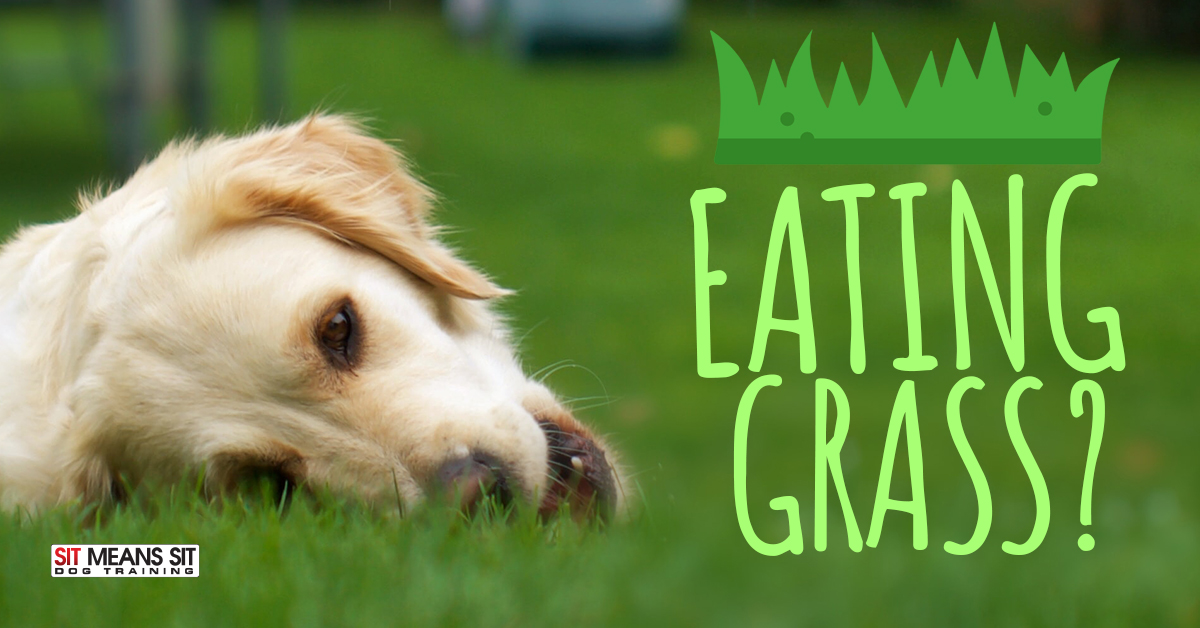
Why Does My Dog Eat Grass?
When we see our dog eating grass, we immediately think about the vomit we might have to clean up later. However, there are many reasons a dog might partake in the green substance. While sometimes a dog may eat grass to settle an upset stomach, the truth is most are not eating grass because they are sick. Less than 25% of dogs actually vomit after eating grass, and 10% actually show sign of any illness. Grass isn’t particularly harmful to dogs; the only things to be concerned about are intestinal parasites from stool and herbicides and pesticides on the lawn.
Pica, the eating of “strange” items, is sometimes caused by a deficiency in their diet. Wild dogs generally get their dietary needs met by eating an entire animal, provided their prey’s diet consisted of various plants. Domestic dogs’ bodies have adapted to their domestic lifestyle, including digestive systems, dietary needs, and cravings. Being omnivores, they naturally crave the act of eating grass instinctively. They might even enjoy the taste and texture, especially when it is fresh in the spring.
If your pet is actually ill, there are symptoms that generally accompany grass eating and vomiting, such as excessive grass eating, diarrhea, weight loss, lethargy, food aversion, blood in stool, or lip licking. Take note of plants nearby, as some can cause toxicity.
If you don’t notice any symptoms, but you feel like your dog has ingested an excessive amount of grass, just keep them hydrated and make plenty of time for potty breaks; then, allow 8-12 hours before allowing incremental amounts of food. If concerned, contact your veterinarian. They can provide fecal samples, blood tests, and physical exams to determine your pets condition.
